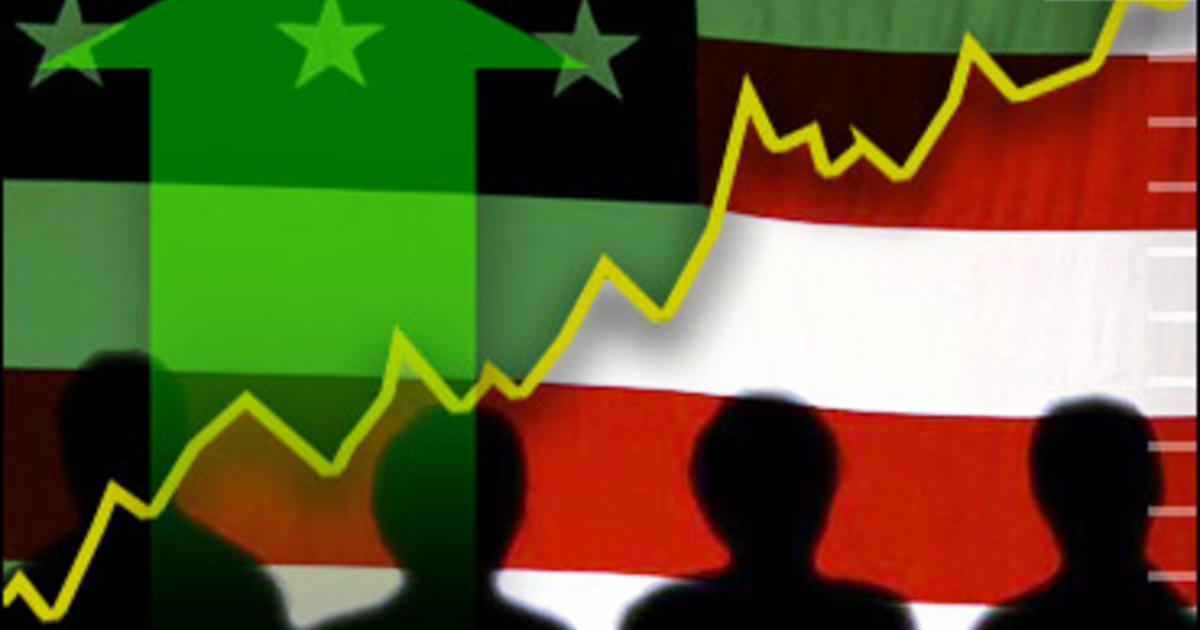ygolo
My termites win
- Joined
- Aug 6, 2007
- Messages
- 5,998
I posted in my inflation thread after watching a documentary on population decline.
I do have to say the logic of the decline and problem is pretty compelling to me, and the people arguing the other side, I find pretty Malthusian.
Here is something from over a decade ago:

 www.cbsnews.com
www.cbsnews.com
To sum up the population decline side of the argument:
1) Replacement levels of birthrate are not being met in a majority of countries.
2) The population itself will continue to grow despite the childbirth rate slowing.
3) The population ages as this happens.
4) A smaller working age population will need to support more of a non working age population.
5) This situation leads to people not feeling its a good time for children even if they want them at some point, increasing the involuntarily childless rate.
-------
Here is someone arguing a declining population is actually a good thing:

 conservationbytes.com
conservationbytes.com
But given the bank failures lately, we need to keep in mind we don't keep actual prosperity in banks "squirrelled away" . Money is only numbers in databases. It's value depends on what you can actually trade it for in real terms.
Obviously, I have biases. Hopefully, someone can argue this side well.
-------
From more neutral sources:
 en.wikipedia.org
en.wikipedia.org
The US has had immigration keep the population productive for quite some time.
Look at Japan's real GDP per capita on figure 1-2:
----------------------------------------
Also here is a UN source on global population"
I do have to say the logic of the decline and problem is pretty compelling to me, and the people arguing the other side, I find pretty Malthusian.
Here is something from over a decade ago:

Population Decline Is Bad For Us
<b>Weekly Standard</b>: Innovation Would Suffer With Slackening Demand
To sum up the population decline side of the argument:
1) Replacement levels of birthrate are not being met in a majority of countries.
2) The population itself will continue to grow despite the childbirth rate slowing.
3) The population ages as this happens.
4) A smaller working age population will need to support more of a non working age population.
5) This situation leads to people not feeling its a good time for children even if they want them at some point, increasing the involuntarily childless rate.
-------
Here is someone arguing a declining population is actually a good thing:

Why a shrinking human population is a good thing
The other day I was asked to do an interview for a South Korean radio station about the declining-population “crisis”. Therein lies the rub — there is no crisis. While I think the inter…
But given the bank failures lately, we need to keep in mind we don't keep actual prosperity in banks "squirrelled away" . Money is only numbers in databases. It's value depends on what you can actually trade it for in real terms.
Obviously, I have biases. Hopefully, someone can argue this side well.
-------
From more neutral sources:
Economic consequences of population decline - Wikipedia
US Real GDP Per Capita by Year - Multpl
US Real GDP Per Capita table by year, historic, and current data. Current US Real GDP Per Capita is 67,538.59.
www.multpl.com
The US has had immigration keep the population productive for quite some time.
Look at Japan's real GDP per capita on figure 1-2:
----------------------------------------
Also here is a UN source on global population"
Last edited:









